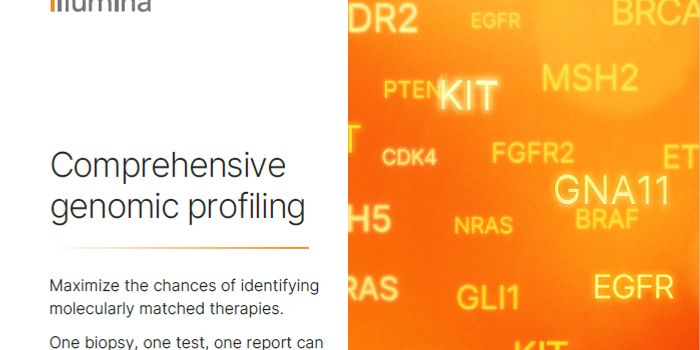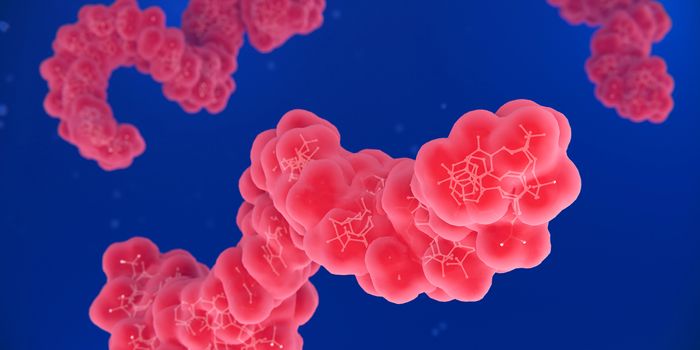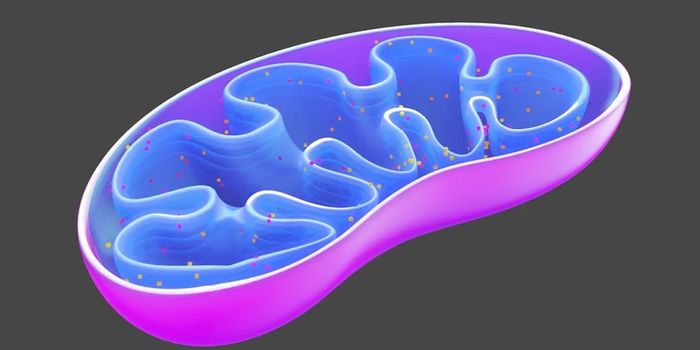Scientists Discover a Genetic Variant That Enables ALS Recovery
In some rare cases, people who are diagnosed with amyotrophic lateral sclerosis (ALS) have a partial or total recovery from what is usually a fatal disorder. Scientists wanted to know more about these cases, and whether they can tell us more about how to help others recover from this devastating neurodegenerative disease. The findings revealed a rare and small genetic variant in a gene that affects a signaling pathway. The research has been reported in the journal Neurology.
In this study, the investigators recruited 22 people who had been diagnosed with ALS and then made some type of recovery. The researchers compared whole genome sequencing data from these individuals to whole genome sequencing data from ALS patients who had not recovered.
This approach also assessed gene expression and epigenetic data in a multiomics effort, noted study co-author Evadnie Rampersaud, PhD, of St. Jude Children's Research Hospital Center for Applied Bioinformatics.
The researchers identified a genetic variant known as a single nucleotide polymorphism (SNP) in a gene called IGFBP7. The IGFBP7 protein inhibits the effect of the IGF-1 signaling pathway, anf the SNP affects the expression of this inhibitor. People who carry this SNP and are diagnosed with ALS are 12 times more likely to recover from the disorder compared to those who do not carry this SNP.
IGF-1 has a known role in neuronal protection and has been investigated in the context of ALS before. Studies have shown that ALS patients with a more rapid disease progression also have lower levels of IGF-1 protein. However, clinical trials that have aimed to increase IGF-1 levels have not been able to relieve symptoms of the disease. This study has shown that IGFBP7 could be another possible approach to treating ALS through IGF-1.
There are now many effective treatments for a variety of neurological disorders, noted senior study author Richard Bedlack, MD, PhD, a Professor at Duke University School of Medicine. "But we still don't have great options for these patients, and we desperately need to find things. This work provides a starting point to explore how biological reversals of ALS occur and how we might be able to harness that effect therapeutically."
Although IGF-1 itself may not help ALS patients, they might be helped if the IGFBP7 protein is targeted instead. It is also possible that previous doses of IGF-1 have simply not been high enough, added first study author Jesse Crayle, MD, of Washington University in St. Louis.
The researchers are now determining whether there is a link between disease progression and IGFBP7 in ALS patients. Their results will inform the next steps, such as whether a clinical trial of a drug that targets IGFBP7 will begin.
Sources: Duke University Medical Center, Neurology









